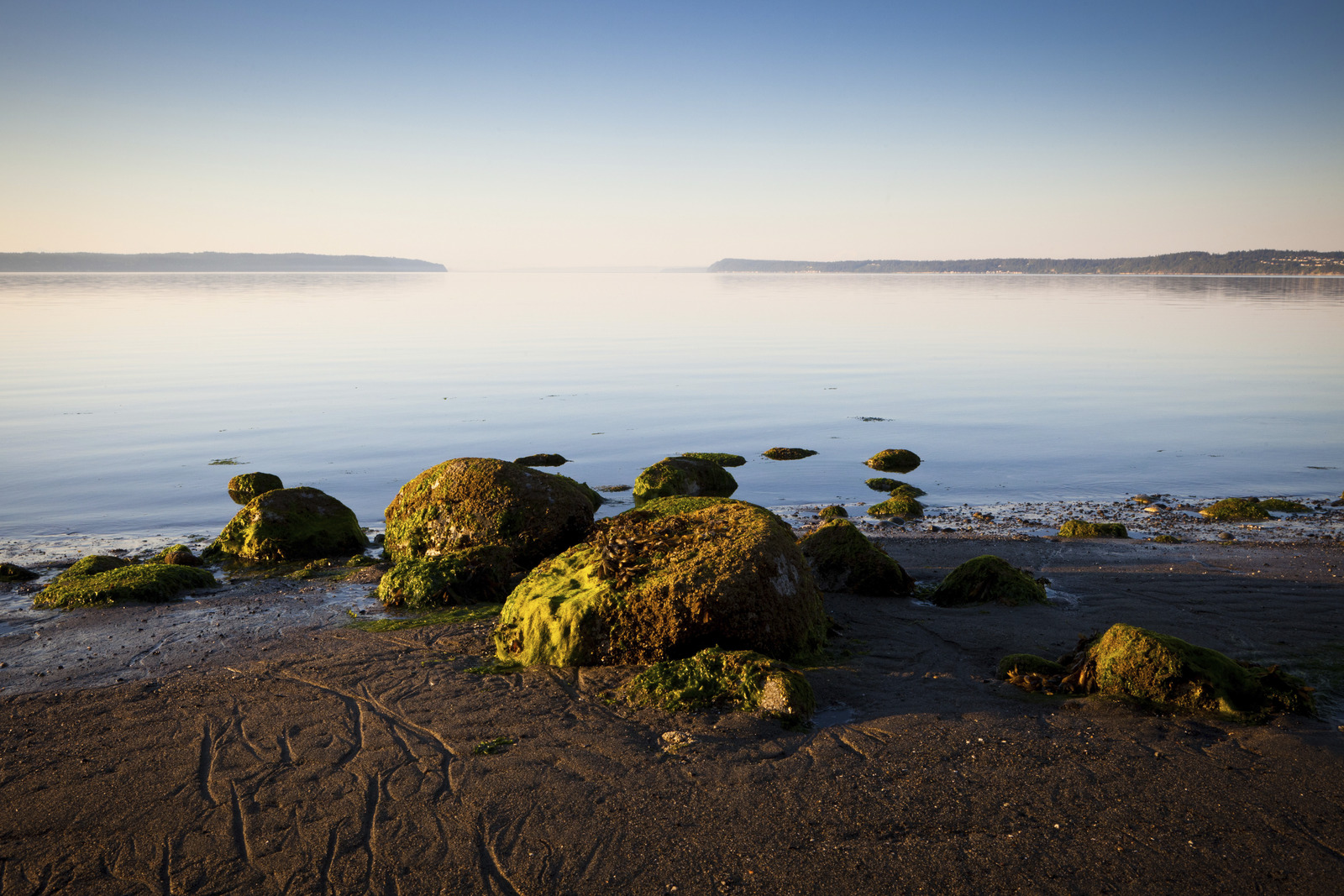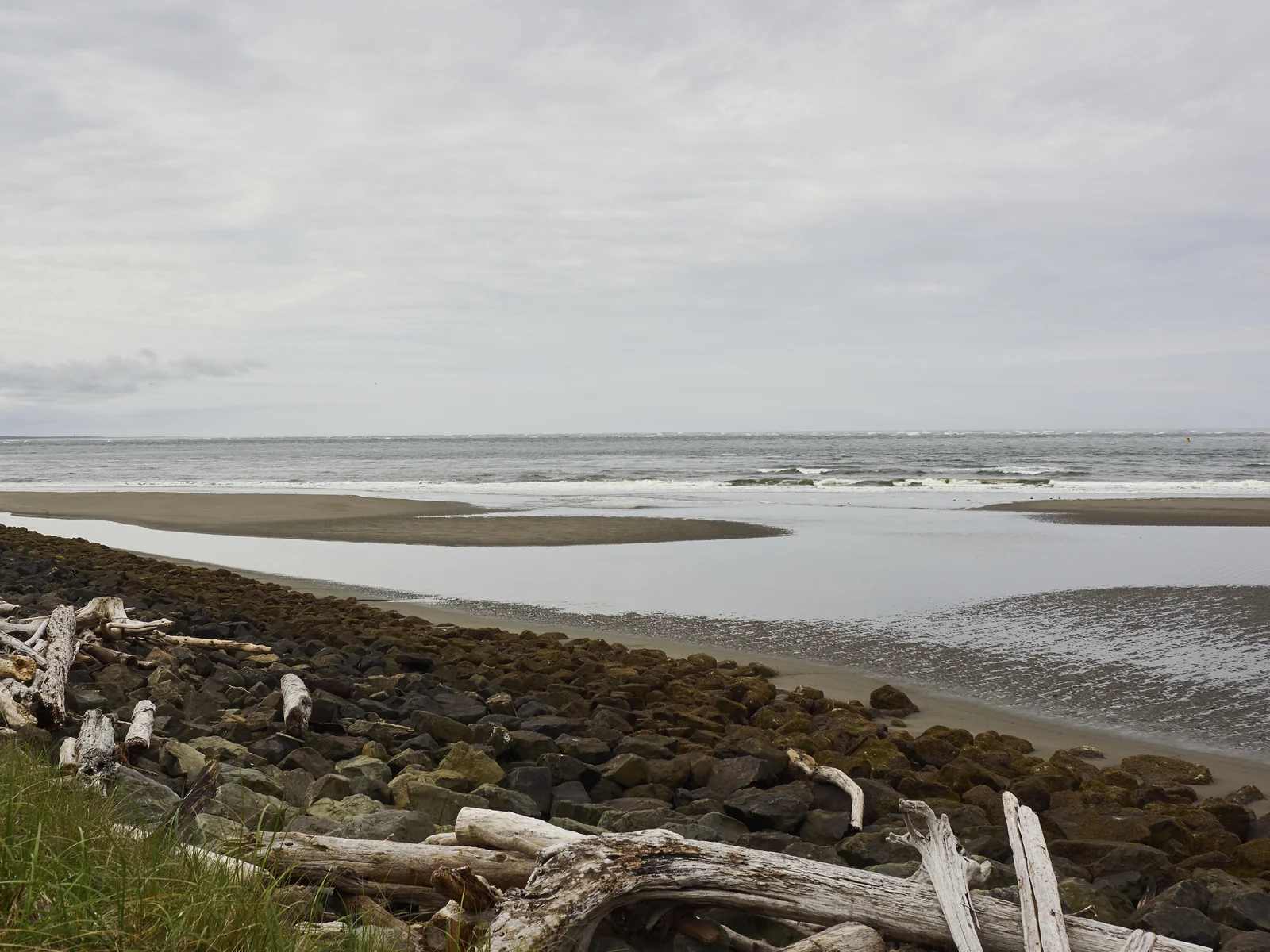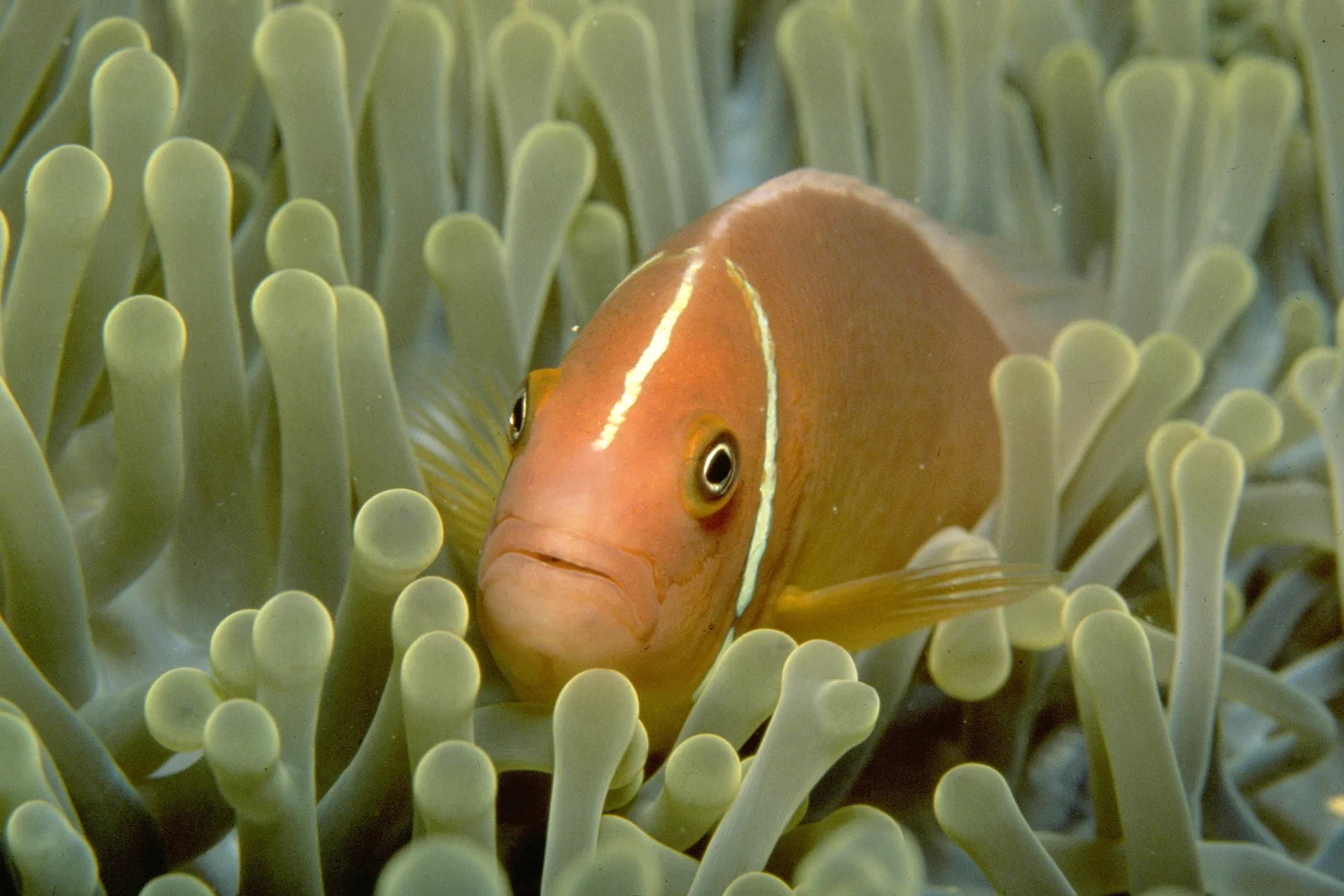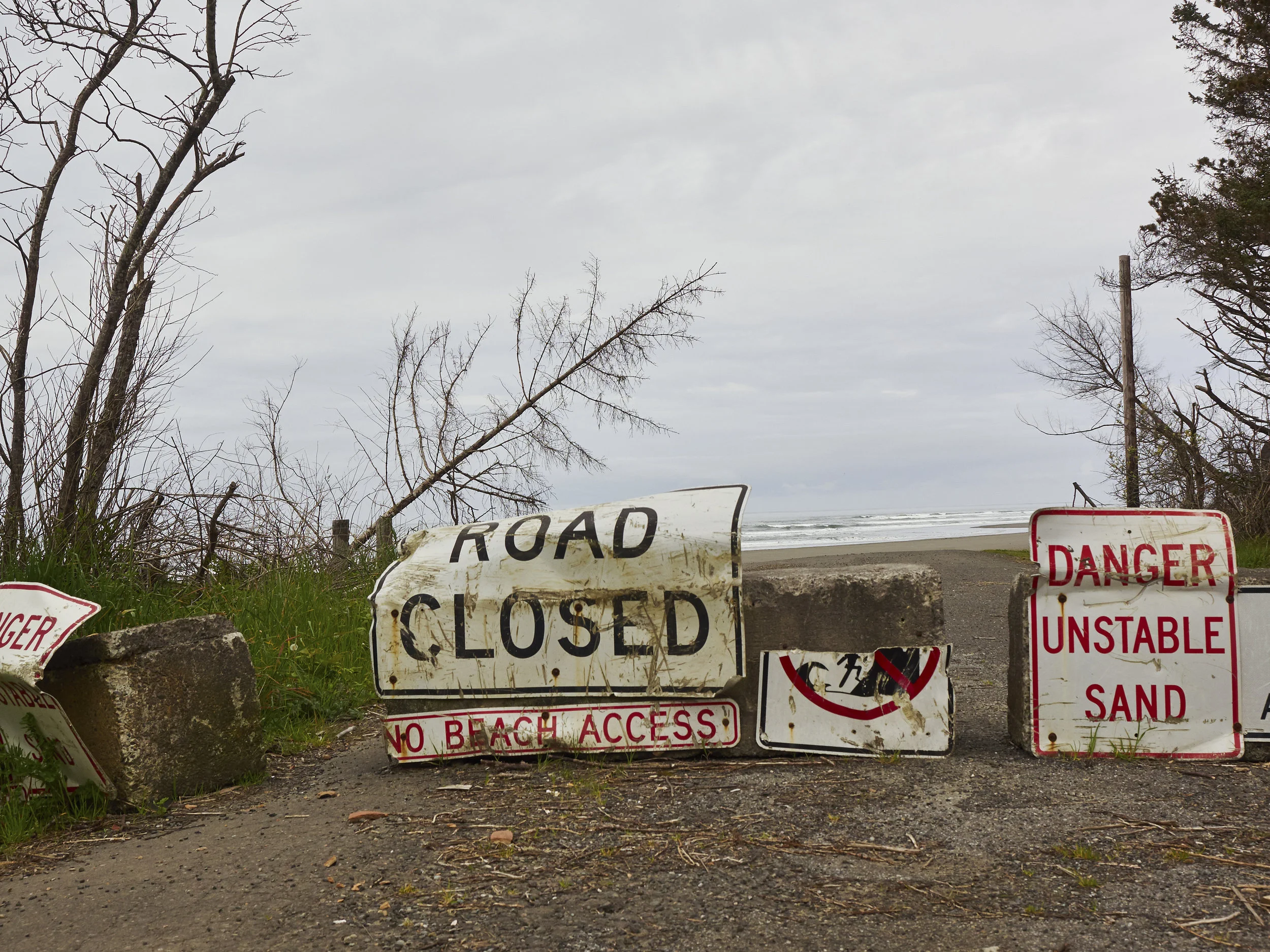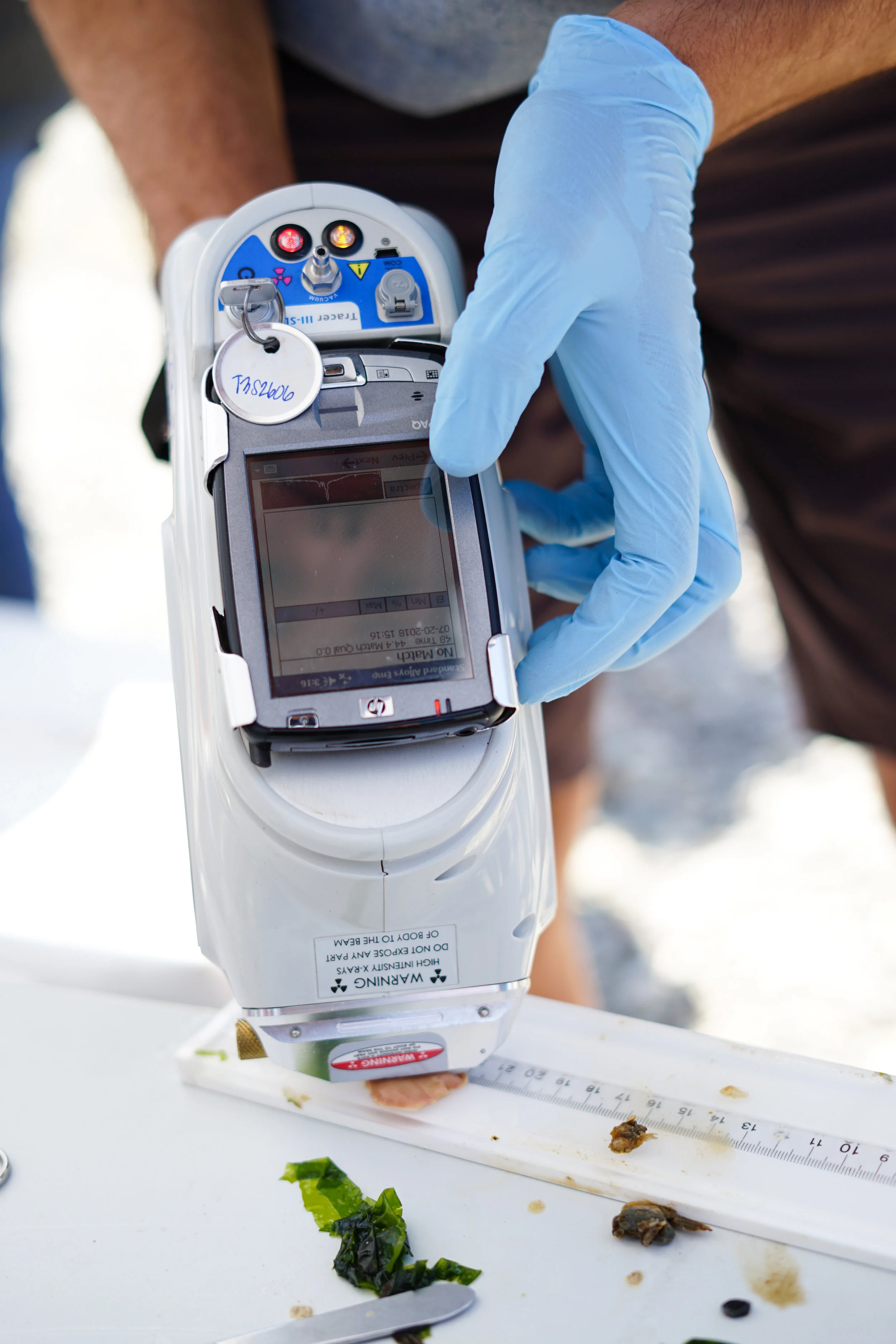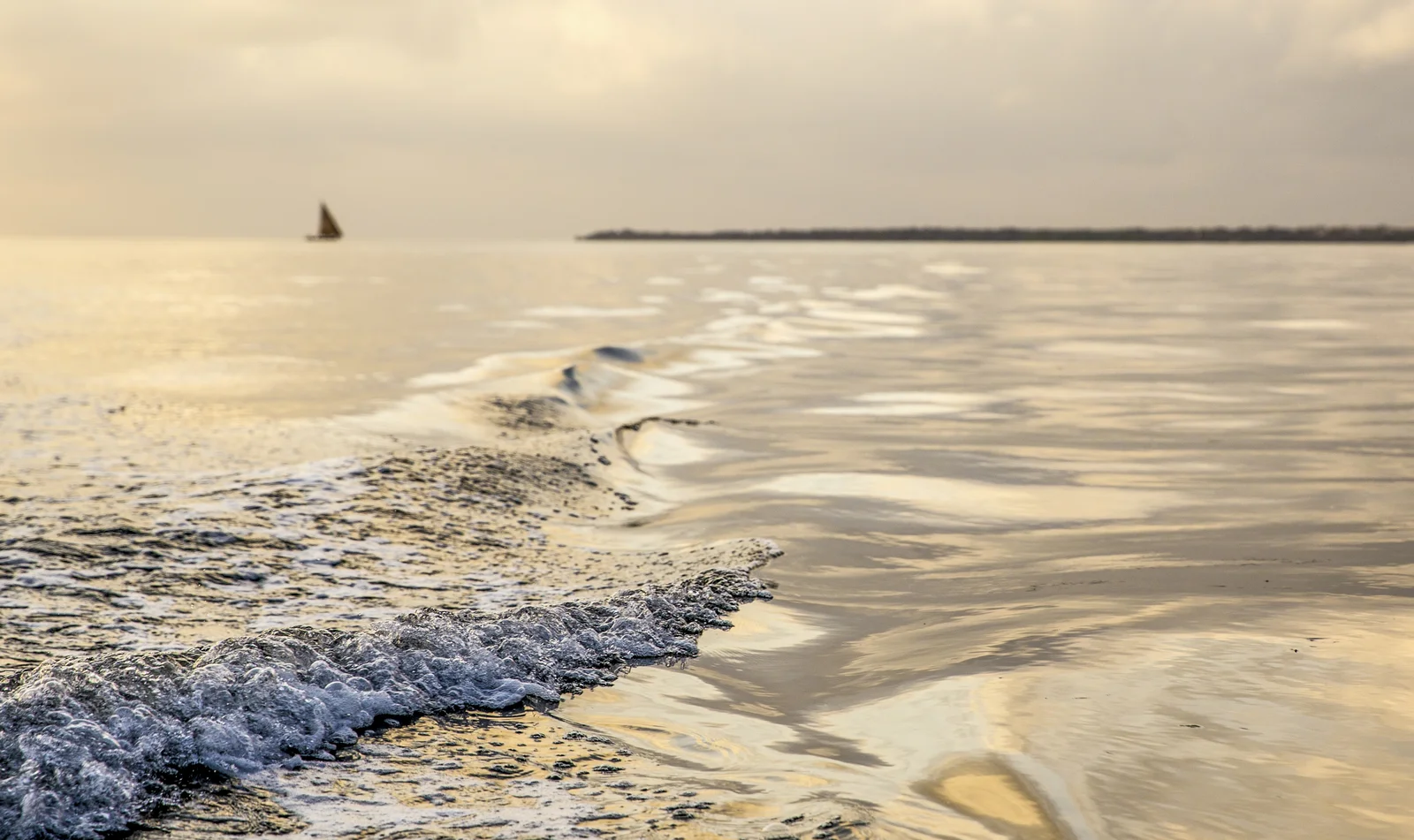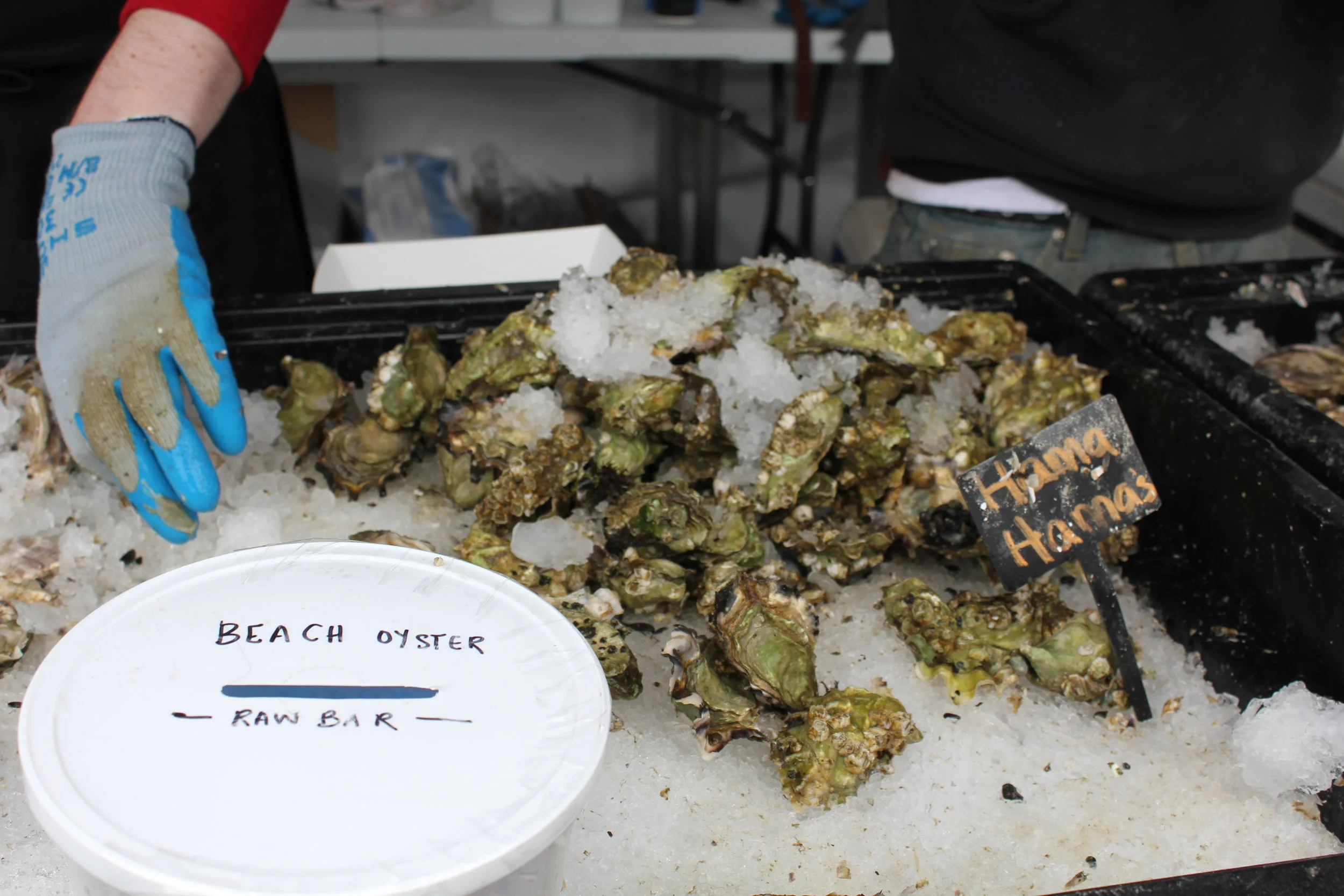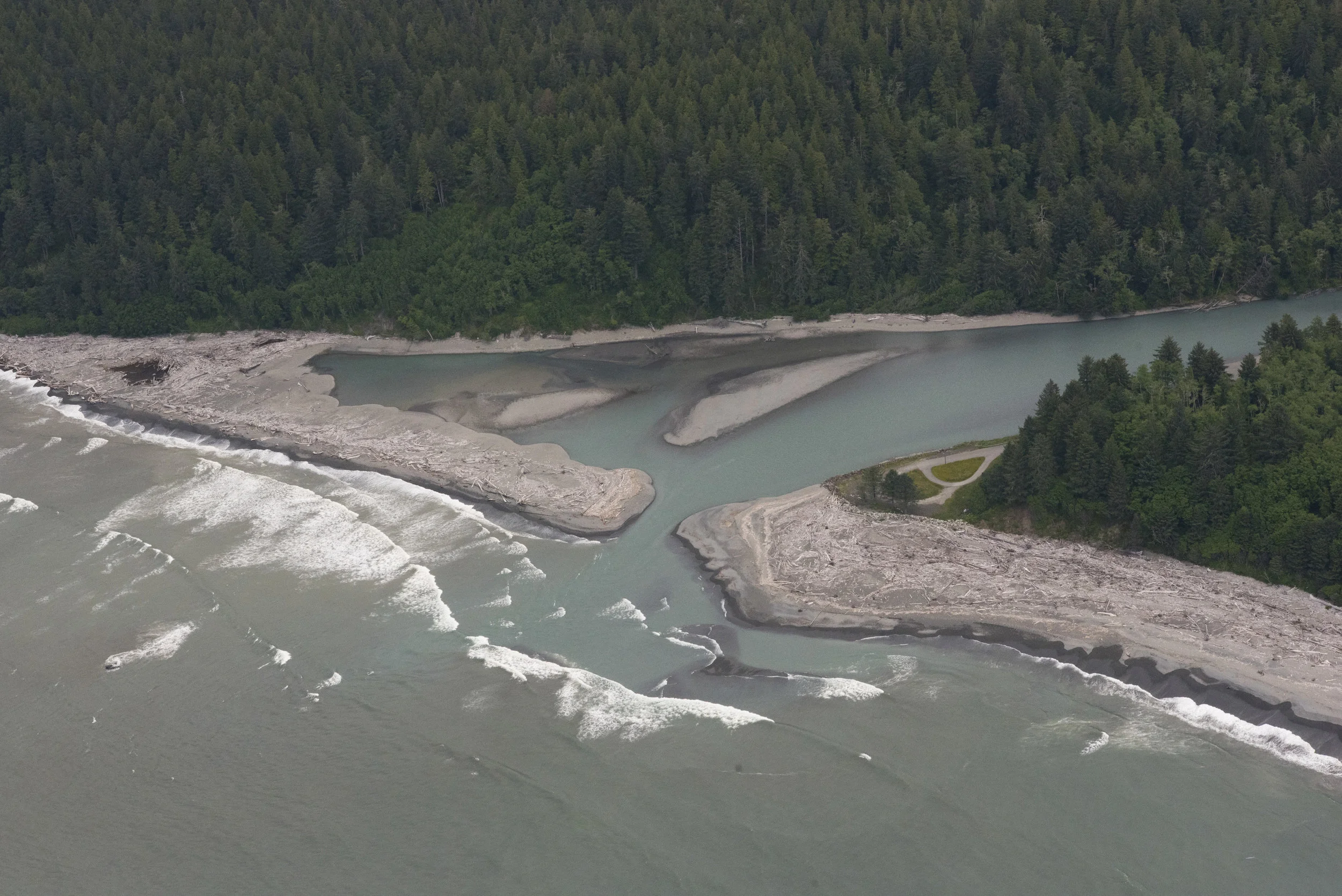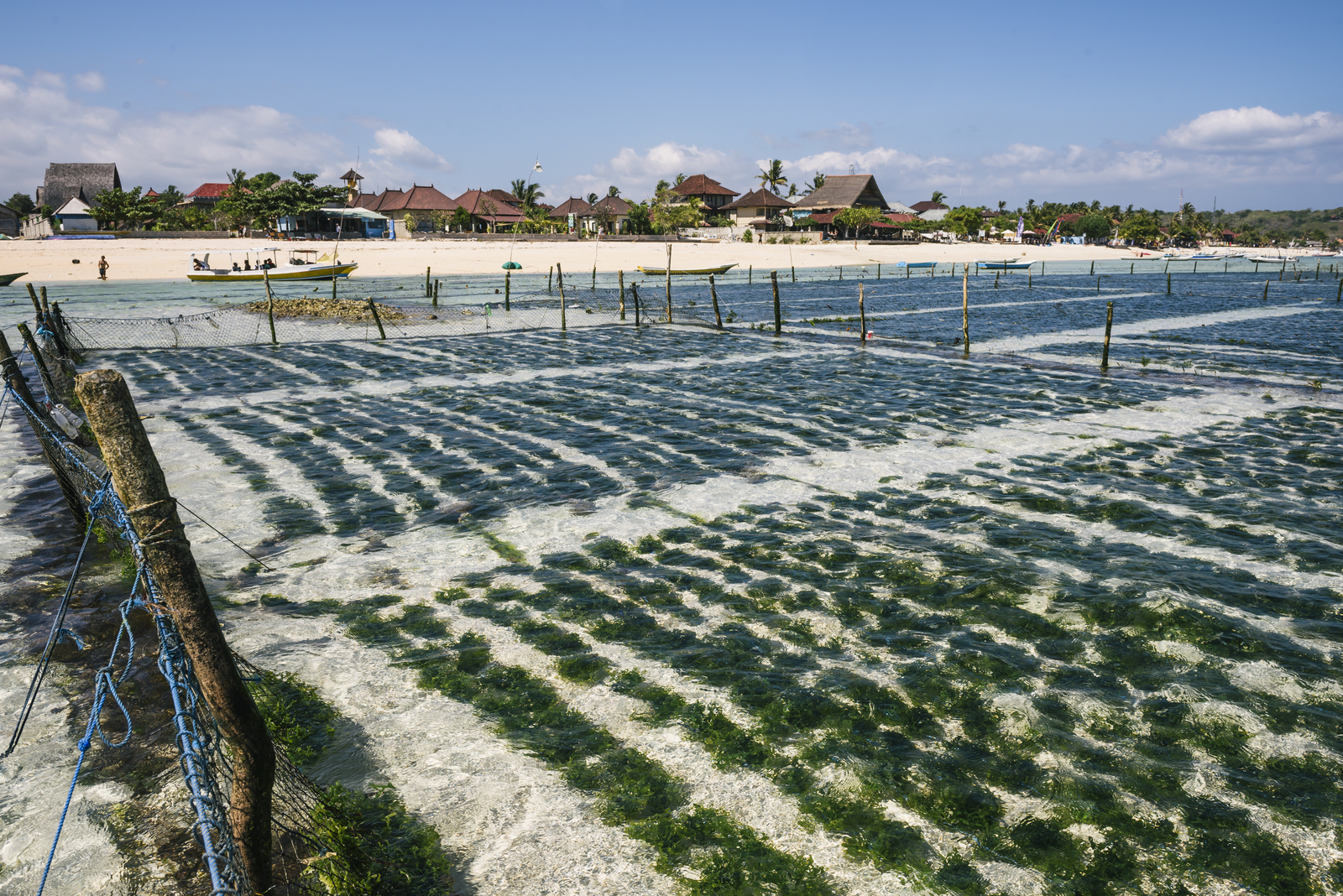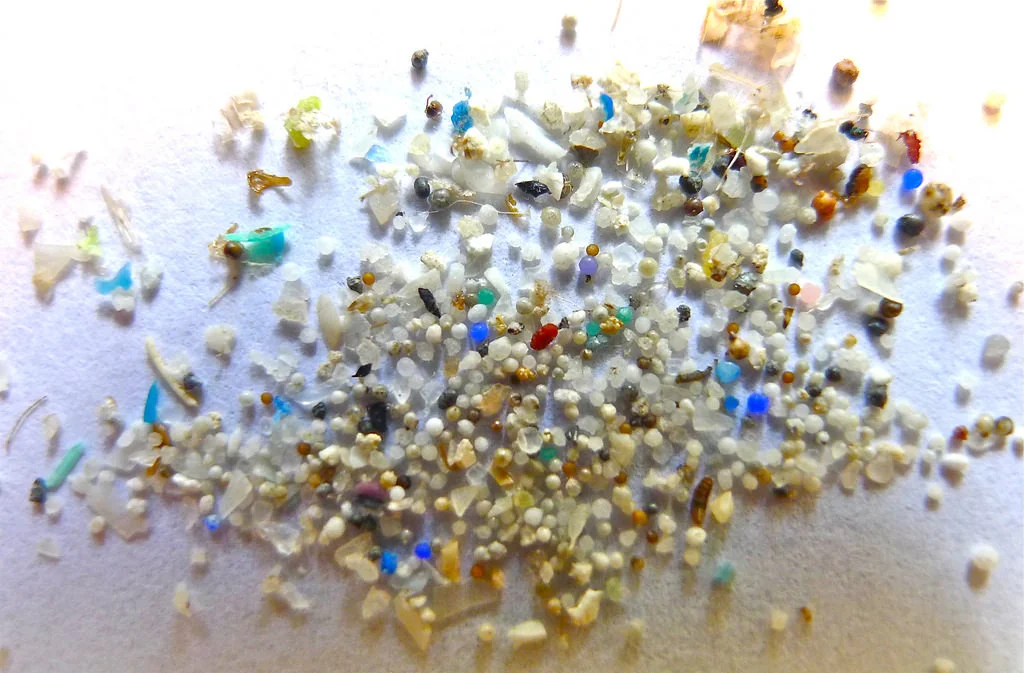From people to killer whales, to salmon, to zooplankton, the impacts from ocean acidification can affect a wide variety of organisms. As our oceans become more acidic, shelled organisms like oysters, zooplankton and pteropods have difficulty forming their hard exterior shell, which can lead to a decrease in their population. When populations of shelled organisms begin to decline, food for dependent species also begin to decline. Here off the shores of Washington, the Southern Resident killer whale mainly feeds on chinook salmon, eating around 385 lbs of fish a day! Where chinook salmon feed on small sea snails known as pteropods. As pteropods have already begun to feel the affects from ocean acidification, how will dependent species like chinook salmon and killer whales respond?
Explore the infographic below to see how ocean acidification affects other marine species throughout the food web.

Our marine science fellow heads to Portugal to compare coastal strategies from the Pacific and Atlantic Coasts.
Did you know that sex is not distinctly defined among many animals? It often shifts in the most fluid of environments: the ocean.
Science shows that our seas are rising. When you add this to more frequent, severe rain, it’s easy to see how coastal communities are on the front lines of climate-change impacts.
A trip to Carkeek Park to test fish toxicity was a great chance for our chapter’s leaders to go deep on our work.
In honor of World Oceans Day, we’re joining the Seattle Aquarium for a beach cleanup. Join the charge at a coast near you!
We celebrate oysters and tackle climate change along the Hood Canal.
We are pleased to announce the Shellfish Growers Climate Coalition, a partnership with shellfish growers on both the East Coast and the West Coast to chart a course toward climate action and a low-carbon future.
The captial budget provided $12.5 million for funding for the Washington Coast Restoration Initiative. Through this initiative, coastal communities have developed important projects that address the region’s highest-priority restoration needs and put people to work restoring our lands and waters.
Sustainable seafood is not simply a fish balancing act. The livelihoods of communities that depend on fishing are also of critical importance. Read about Claire's dive into what corporations, academics, and coastal communities are doing to tackle fisheries sustainability.
Most of ocean plastic waste consists of everyday items: bottles, caps, straws, wrappers and bags. Yet, another proportion of this waste is more invisible: microplastics.

